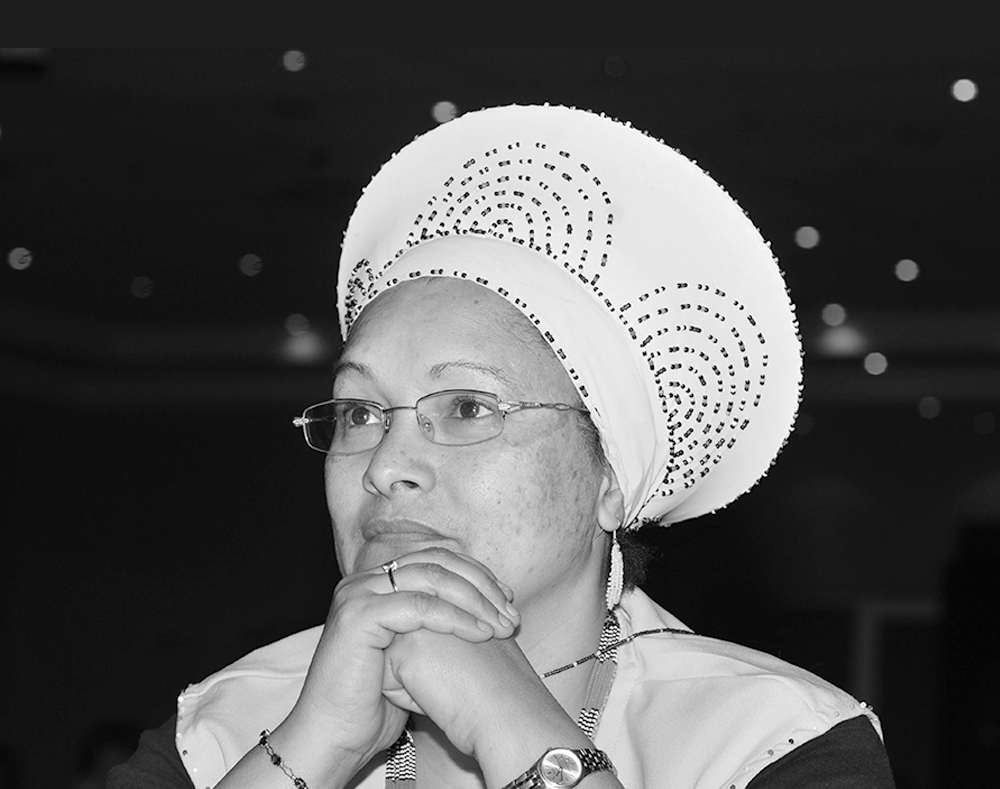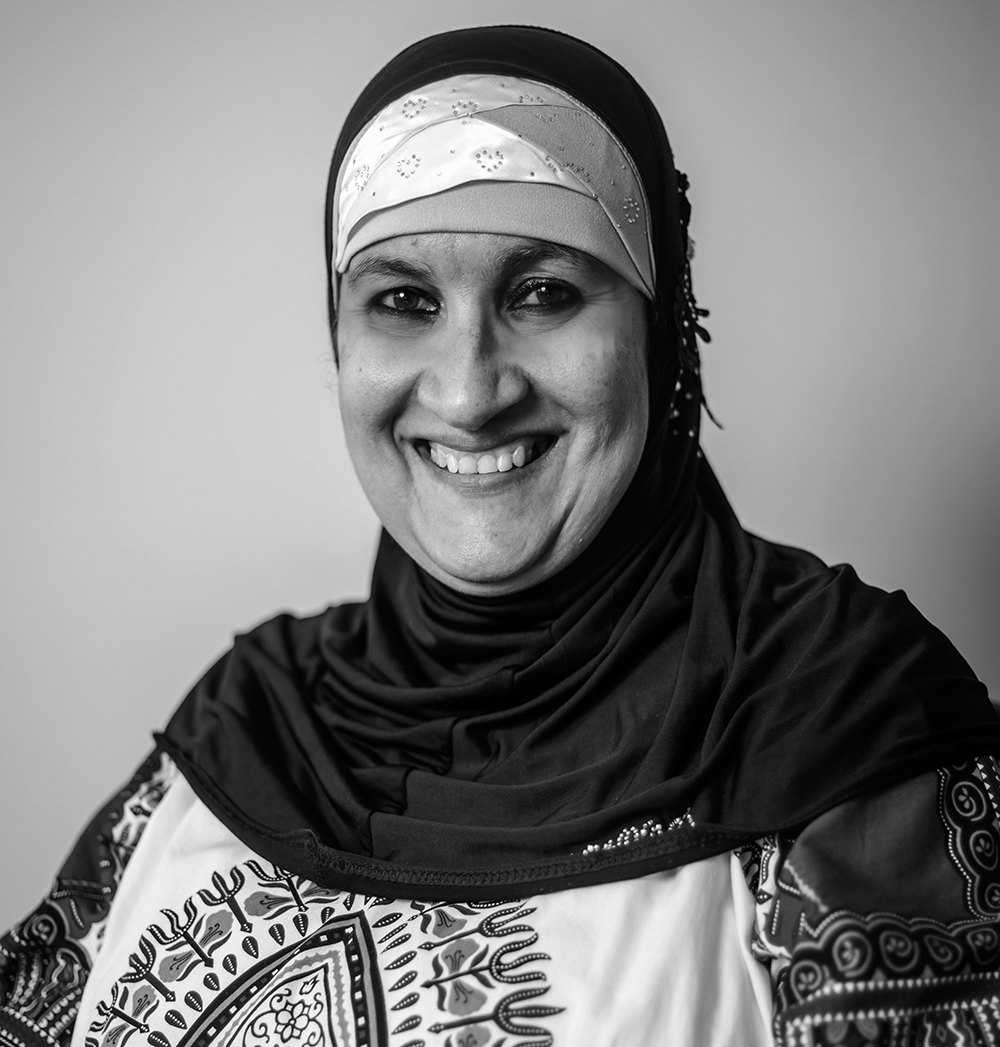In 2009, DAWN began a process of exploring women’s activism and agency in times of war, conflict and transition through a series of self-reflective case studies written by feminist activists from Indonesia, Sri Lanka, Nepal and India. The narrations showed how women’s experiences of violence and in/security were mediated through a range of constantly changing social and economic structures that included culture, religion, family, sexual division of labour and power, disparities in employment opportunities and incomes, trade, finance and development practices, identity, sexuality and gender. The referent of security was also not merely the individual but the social relations that mediated human life. The women in the narratives encountered and challenged this complex nexus as they tried to deal with everyday life in situations of war and conflict.
These gendered risks for women were also manifest not only in the brutalisation of the body and impunity in the domain of violence but also in the dislocation of everyday life and the increase in women’s burden in the domain of care, and women’s exclusion from decision making in the domain of political life. These rich and complex insights compelled us therefore to interrogate existing frames of analysis that sought to understand violence against women in conflict and war.
Capacity Building for young feminists in the Global south
The DAWN Online Training is a collaboration between DAWN and Masimanyane Women’s Rights International. The purpose of this training is to collectively build knowledge and analysis on gender-based violence from a political economy lens, drawing from the everyday experiences of the participants who are involved in different capacities in responding to gender-based violence. The training programme includes several intensive group work sessions as well as homework in between the sessions, to help the participants to explore how a political economy lens might be applied and might be useful in thinking through their ways of working and future strategies. The training programme is also focused on developing advocacy tools for the local, national and regional levels in terms of policy recommendations to address structural causes of gender-based violence.
Organisers & Partners




